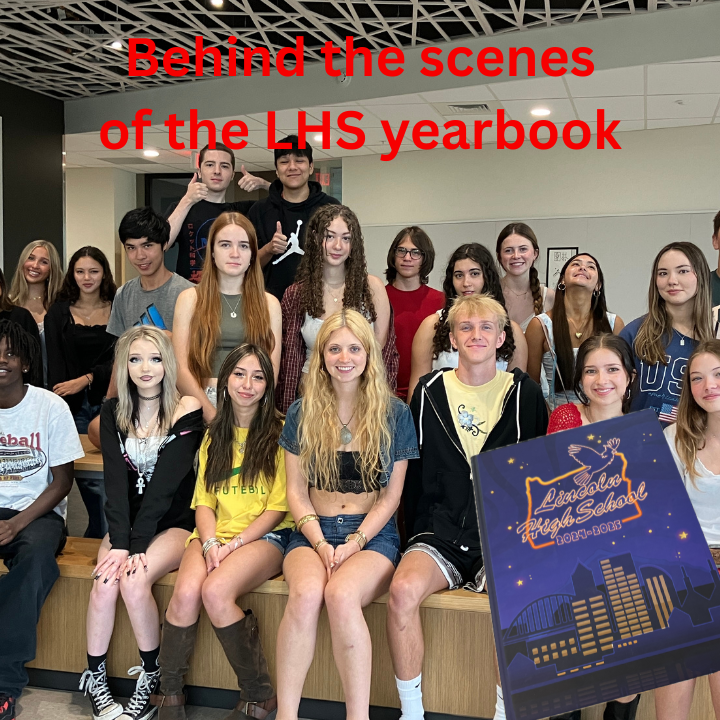Editorial: Fred Meyer’s shameful wasting of food is insensitive to those with food insecurity
May 24, 2021
NPR reports that in 2020, food insecurity in the United States doubled. One in four households couldn’t afford to put food on the table. Insecurity more than tripled among households with children. Yet forty percent of food in the US is thrown away. This is why, during the winter storms in February, when Fred Meyer’s threw out multiple dumpsters’ worth of food, I was devastated.
Due to storms nationwide, countless homes were left without power. Outages also affected stores in Portland. According to the Oregonian, workers at the Fred Meyer’s in the Hollywood District had a safety deadline of four hours to salvage thousands of perishables. With only a backup generator, the food would spoil, leading employees to toss out the food into nearby dumpsters. Fred Meyer’s spokesperson, Jeffery Temple, claimed that the store had reached out to some food banks to donate the food. However, icy roads led them to decline. The store’s intent seems questionable when small groups of salvage teams and protesters gathered nearby and were met with police guarding the dumpsters.
Scott Kerman, director of Blanchet House, told the Oregonian that the house “absolutely would have accepted donations from grocery stores that had to get rid of product due to the power outage.” He was never presented with the opportunity to do so. Not only this, but when neighborhood activist groups like Team Raccoon went to gather and redistribute food to families in need, police stopped them. Former leader of the group Morgan Mckniff said on Twitter that after the police eventually left, the Raccoons had “brought food to food-insecure Portlanders’ homes… many free fridges… and mutual aid kitchens.” Mckniff explained how the team checked temperatures of meat and food prior to delivery, deeming it safe. If Fred Meyer’s employees had taken this time to do the same thing, it would have ensured that most of the food was consumable, allocating it to more people and food banks in need.
Fred Meyer’s and those in favor of their actions defend their behavior on one basis; the food was perishable and distribution would render them liable. It’s understandable how giving away perishable food is a liability; however, those four hours could have made all the difference. Food could have been handed out to neighbors, food banks, or even nonprofits, who could have taken the food and stored it for redistribution. Any of these situations would prevent the waste of almost one ton of food. Additionally, the Federal Emergency Management Agency states that “food in freezers during an outage would remain safe for around 48 hours; food in refrigerators would last closer to four.” This means that the frozen food would have lasted long enough to be delivered and received where necessary. The other food, following the four-hour rule, still could have been distributed. Kroger issued this statement concerning the matter: “Our store team became concerned that area residents would consume the food and risk foodborne illness.” While this is valid, it cannot be used as an excuse. The Bill Emerson Good Samaritan Food Donation Act, proposed to the US in 1996 by President Clinton, would excuse the action, as it protects businesses from being liable when donating products in good faith.
The actions of Fred Meyer’s are unforgivable. Numerous things could have been done to help our fellow citizens who aren’t as fortunate as us. With many Portlanders facing food insecurity, especially amidst the pandemic, it’s our job to hold these large franchises accountable for food management. Ensuring that they give out food that would normally be thrown away is the least we can do.



